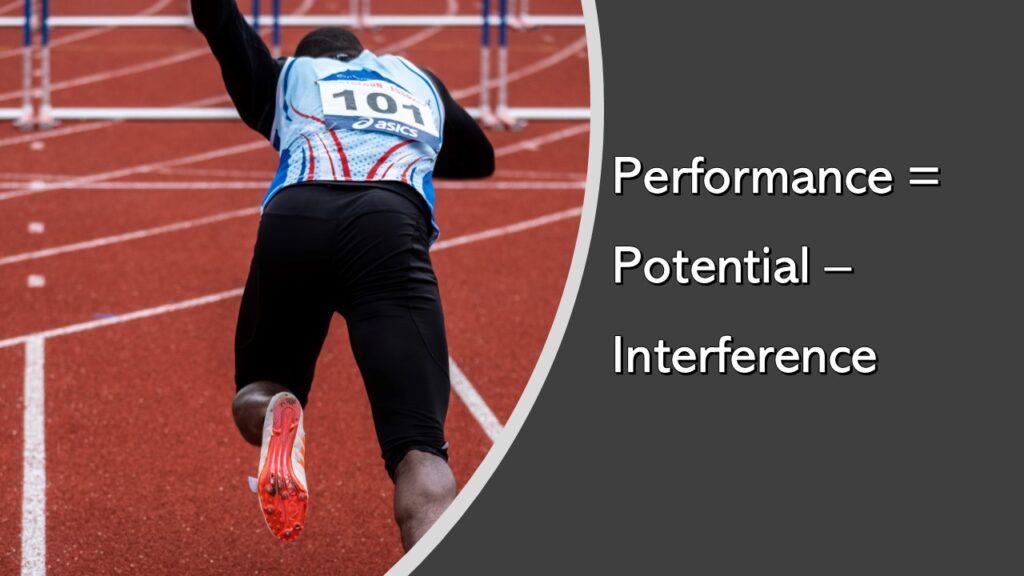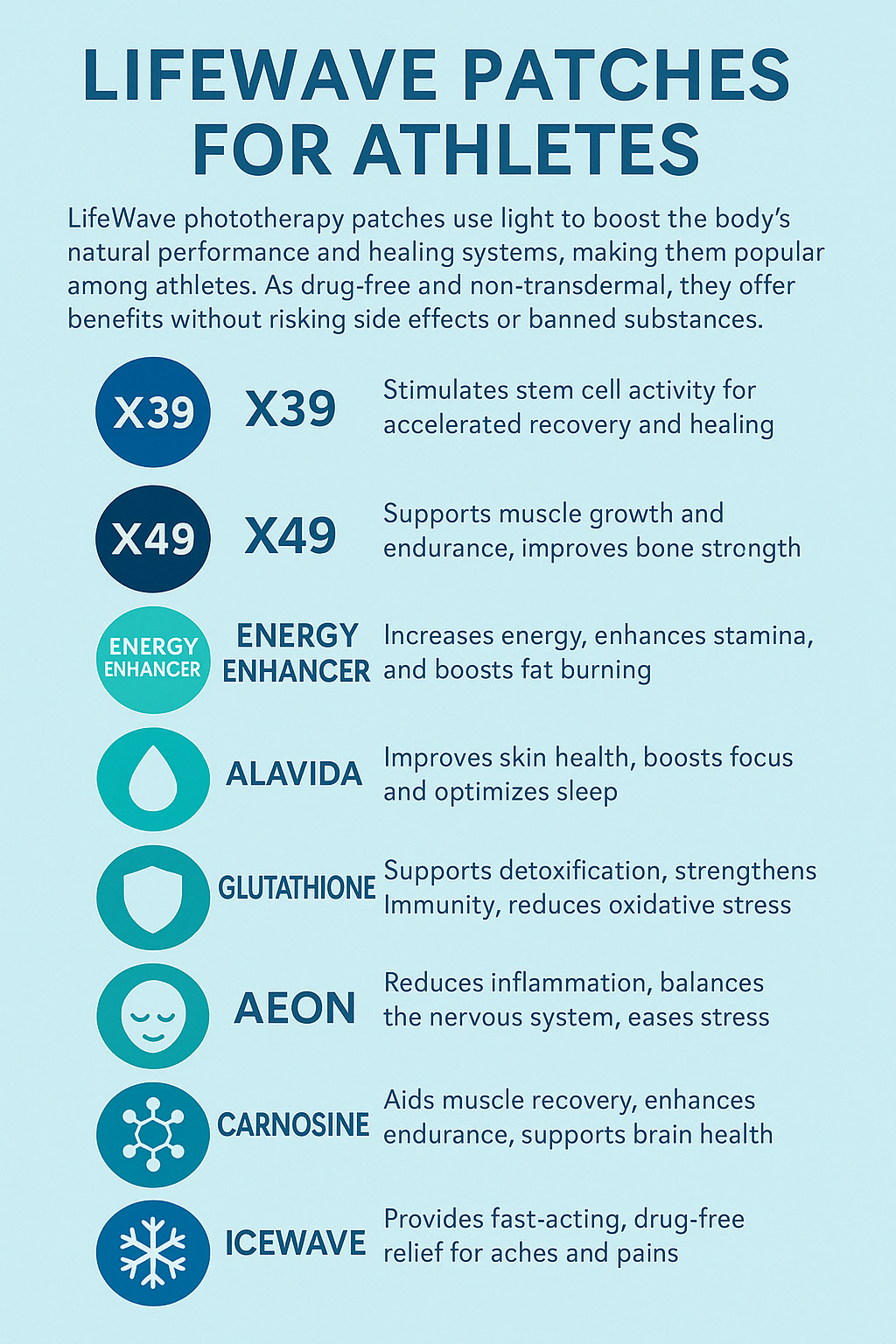The Best Sports for Children with ADHD: What Does the Research Say?
Choosing the right sport for a child with ADHD can be transformative, offering not just physical benefits but also improvements in focus, self-esteem, and social skills. But with so many options—and so many individual differences—what does the research say about which sports are best? Are certain activities more suited to the ADHD brain and temperament? Let’s take a deep dive into the evidence and expert recommendations.
Why Sports Matter for Kids with ADHD
Participation in sports has been shown to help children with ADHD in several ways:
- Boosts self-esteem and confidence
- Improves social skills and teamwork
- Provides structure and routine
- Channels energy in a positive direction
- Enhances cognitive function and decision-making[1][2][3]
While it’s a myth that sports simply “run off extra energy,” structured physical activity can help children with ADHD focus, develop discipline, and find a sense of belonging[1][3].
What Does the Research Say About the Best Sports?
Individual vs. Team Sports
Research and clinical experience suggest that individual sports with strong structure and direct coaching are often a good fit for children with ADHD. These sports offer:
- More one-on-one attention from coaches
- Fewer distractions than large team environments
- Opportunities for children to progress at their own pace[4][5][6]
Examples of recommended individual sports:
- Martial arts (karate, taekwondo, judo)
- Pickleball
- Swimming
- Tennis
- Gymnastics
- Wrestling
- Track and field/cross-country
- Horseback riding[1][5][2][7][6]
Why these sports work:
Martial arts and similar activities require focus, discipline, and repetitive movement, which can help strengthen attention and self-control. Studies have shown that martial arts training improves selective attention span and cognitive control in children and adults with ADHD[4][8][9]. Swimming and gymnastics also provide structured routines and constant movement, helping children stay engaged and develop body awareness[6].
Team sports can also work well—especially those with constant action and minimal downtime, such as:
These sports keep kids moving, reduce opportunities for distraction, and help develop teamwork and communication skills.
What About Other Sports?
Sports with long periods of inactivity (e.g., baseball outfield, golf) or complex, slow-paced strategies may be less ideal for some children with ADHD, as boredom and distraction can set in[11][12]. However, with the right coaching and role assignment (such as pitcher or catcher in baseball), even these sports can be successful[11][12].
Martial Arts: The Evidence
Martial arts stand out in the literature as especially beneficial for children with ADHD:
- Improves attention and self-control: Studies show that martial arts training increases selective attention span and cognitive control[4][8][9].
- Provides structure and routine: The rituals and discipline of martial arts classes help develop organizational skills and self-discipline[4][8][9].
- Individualized coaching: Martial arts often involve direct instruction and feedback, which helps children with ADHD stay focused and motivated[4][5][8].
- Physical and mental benefits: Regular practice improves coordination, memory, and even emotional regulation[9].
> “Martial arts such as Karate offer a host of benefits for children with ADHD. Apart from offering them the physical benefits of exercise, it improves cardiovascular health, gives them better strength and flexibility, and most importantly, could lessen ADHD symptoms such as impulsiveness and hyperactivity. Several studies prove that a complex physical activity such as Martial Arts strengthens the brain’s neural networks enabling children suffering from ADHD to practice self-control.”[9]
Other Top Sports for Kids with ADHD
| Sport | Why It’s Good for ADHD | Structure/Format |
| Martial Arts | Discipline, focus, routine, direct coaching | Individual/Group |
| Swimming | Repetitive, calming, full-body, structured | Individual/Team |
| Tennis | Fast-paced, one-on-one, minimal downtime | Individual/Doubles |
| Gymnastics | Routine-based, builds focus and body awareness | Individual/Team |
| Wrestling | One-on-one, constant action, physical outlet | Individual/Team |
| Track & Field | Individual goals, repetitive, self-improvement | Individual/Team |
| Soccer | Fast-paced, constant movement, teamwork | Team |
| Basketball | Continuous play, quick decisions, teamwork | Team |
| Hockey | Fast, few breaks, teamwork | Team |
| Horseback Riding | Focus, responsibility, calming animal interaction | Individual |
| Yoga | Mindfulness, self-regulation, body awareness | Individual/Group |
What About Safety and Fit?
Experts emphasize that the best sport is the one your child enjoys and feels successful in[13][3]. There is no universal “best” sport for all children with ADHD. Early sports sampling—trying a range of activities to see what fits—is recommended[3].
Safety tips:
- Children with ADHD may be at higher risk for injuries due to impulsivity and distractibility. Coaches and parents should provide extra supervision, clear instructions, and safety reminders[3].
- Some children may need help managing frustration or disappointment, especially in competitive environments[11][12].
Coaching and Parental Strategies for Success
For coaches:
- Use short, clear instructions and demonstrations
- Keep kids engaged with frequent activity and minimal waiting
- Rotate positions to keep children active and interested
- Assign concrete tasks during downtime (e.g., counting pitches, tracking stats)[11][12]
- Offer positive reinforcement and encouragement
For parents:
- Support your child’s understanding of the game (use visual aids, watch games together)
- Communicate with coaches about your child’s needs
- Help establish routines for practice and game days (equipment prep, calming techniques)[10][12]
What if My Child Wants to Quit or Switch Sports?
It’s normal for children to lose interest or want to try something new. If your child is struggling, consider:
- Talking with coaches about possible adjustments (different positions, more individualized attention)
- Trying a different sport or activity—sometimes a change in environment or coaching style makes all the difference[3]
- Focusing on activities that play to your child’s strengths and interests
Final Thoughts: Let Your Child’s Interests Lead
While research highlights the benefits of martial arts, swimming, gymnastics, and fast-paced team sports for children with ADHD, the most important factor is your child’s enjoyment and engagement[13][3]. Sports should be fun, build confidence, and provide a positive outlet for energy and creativity.
> “The best sport for a child with ADHD is likely to be one they enjoy and for which they have some natural talent.”[13]
Try a variety of activities, work closely with coaches, and celebrate your child’s unique strengths. With the right support, sports can be a powerful tool for growth, focus, and lifelong well-being.
- https://www.healthline.com/health/fitness/adhd-and-sports
- https://www.adhdcentre.co.uk/adhd-game-plan-the-best-sports-for-kids-with-adhd/
- https://scottishriteforchildren.org/dfw-child-sports-are-good-for-kids-with-adhd-and-more-dangerous/
- https://pentagonmma.com/for-our-community/benefits-of-martial-arts-for-adhd/
- https://www.henryford.com/blog/2017/07/best-sports-kids-adhd
- https://brainworkspsychology.com.au/blog/unleashing-potential-the-7-best-sports-for-children-with-adhd/
- https://www.additudemag.com/slideshows/best-sports-for-kids-with-adhd/
- https://www.additudemag.com/kids-karate-adhd-focus-exercise/
- https://getintomartialarts.com/the-benefits-of-martial-arts-for-children-with-adhd/
- https://www.usyouthsoccer.org/wp-content/uploads/sites/160/2023/09/Effective-Strategies-for-ADHD-Athletes.pdf
- https://www.additudemag.com/how-to-coach-the-coach/
- https://chadd.org/adhd-news/adhd-news-caregivers/attention-coaching-kids-with-adhd-in-sports/
- https://www.nationwidechildrens.org/family-resources-education/700childrens/2019/08/adhd-and-sports


